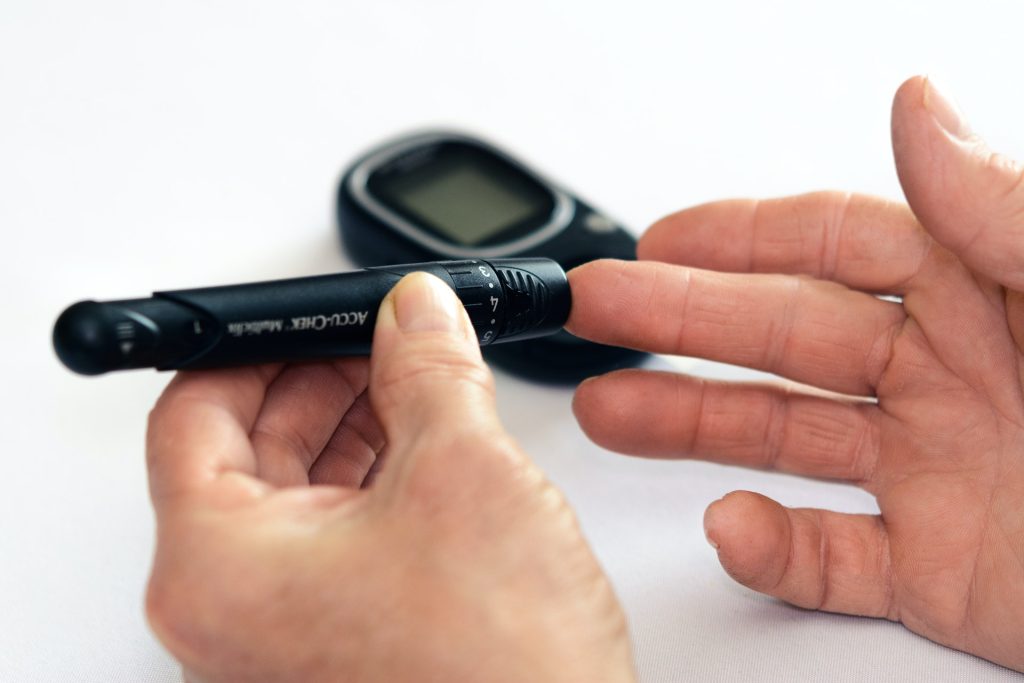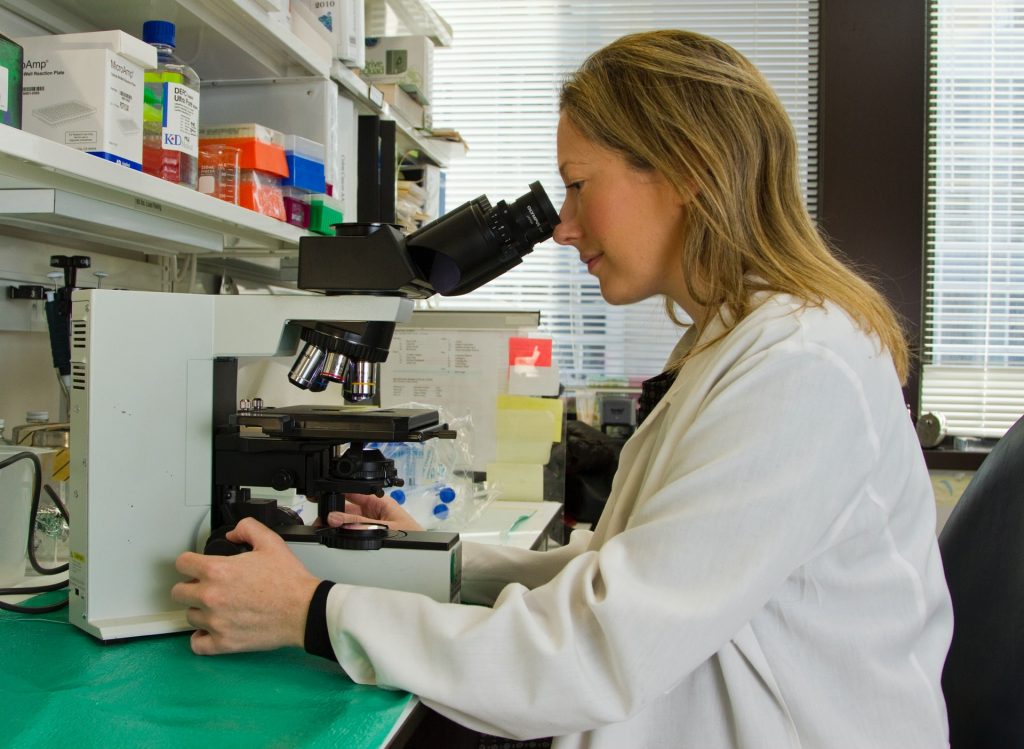New SGLT-2 Inhibitors Could Reduce Heart Failure Risk in Diabetes

A study published in Annals of Internal Medicine has suggested that the new SGLT-2 inhibitors may be viable as a first-line treatment in patients with type 2 diabetes, with reduced odds of hospitalisation for heart failure compared to those receiving metformin.
In cardiovascular outcome trials among adults with type 2 diabetes (T2D), sodium-glucose co-transporter 2 inhibitors (SGLT-2i) have shown therapeutic promise, including reduced risk of hospitalisation for heart failure compared to placebo. However, SGLT-2i have mainly been evaluated as a second-line treatment – metformin is generally given as a first-line, antidiabetic treatment.
In this new study, researchers from the Brigham and Women’s Hospital compared cardiovascular outcomes among adults with T2D who initiated first-line treatment with either metformin or SGLT-2i. For the study, 8613 patients receiving SGLT-2i were matched to 17 226 patients receiving metformin.
The researchers reported that that patients receiving SGLT-2i showed a similar risk for myocardial infarction, stroke, and all-cause mortality, and a lower risk for hospitalisation for heart failure compared with patients who received metformin. The risk for adverse events was similar except for an increased risk for genital infections compared with those receiving metformin.
“Our results suggest that SGLT-2i may be considered as first-line treatment for patients with T2D and cardiovascular disease or who are at increased risk for cardiovascular events,” said lead author HoJin Shin, BPharm, PhD, of the Division of Pharmacoepidemiology and Pharmacoeconomics. “However, more evidence from randomised clinical trials or observational studies will help us to identify patients who would benefit most from using SGLT-2i as first-line type 2 diabetes treatment.”
Source: EurekAlert!




